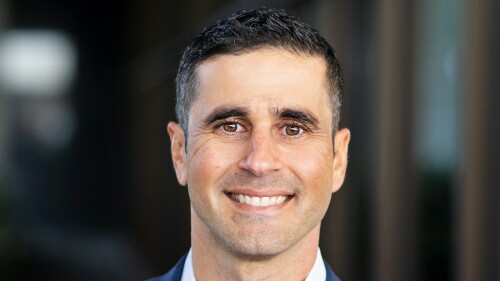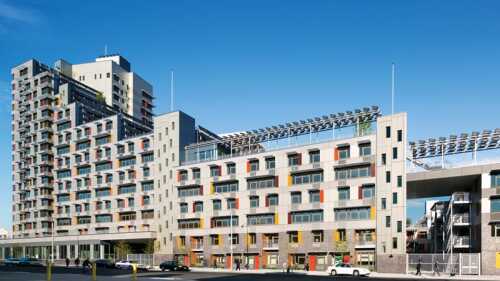In late August, Vornado Realty Trust, one of the largest owners and managers of real estate in the United States, received approval to construct a 68-story, 1,216-foot- (370-m) tall tower on 34th Street in New York City. With an initial design by Pelli Clarke Pelli, 15 Penn Plaza will be located opposite Penn Station, one of the busiest transit hubs in the country.
Do Vornado and Michael D. Fascitelli, the company’s president and chief executive officer, know something about the real estate market that others don’t?
Fascitelli shakes his head. “We wanted to get the approvals now so we can be ready when the time is right to build,” he says. “Actual construction is probably years away. We indicated that it would be eight to ten years to build. New real estate development doesn’t appear on the near horizon. You’re going to need rental increases before any development makes sense.”
With rental rates relatively flat and no new demand for office space materializing, Fascitelli, a ULI trustee, predicts there will be significant heartache in the U.S. real estate sector in the coming months. “I see a lot of pain in the future,” he says. “So far, the pain has been small. With a floating rate debt of 2 percent or less, defaults have been low. But that will change. I think you will see a lot more foreclosures and more transfer of ownerships. Some people will simply give up, while others will seek to recalibrate their debt and equity.”
Such a scenario would provide an excellent opportunity for companies like Vornado that have not overleveraged. “Today, there are two types of assets,” he says, “ones which have cash flow in markets like New York City and Washington, D.C., with properties trading at low cap rates because of safety and no viable alternatives for investments, and a second class of assets in more challenged environments for which there is almost no capital available. There will be decreasing asset values, but that will bring more stability to the market.”
The capital markets will continue to improve, Fascitelli believes, with credit becoming more widely available in different geographic areas and among various product types.
“But until we see the economic recovery, there will still be very conservative underwriting standards,” he continues. “The real estate market will recover and things will be better, but it will take time and it will be tough.”
In the months ahead, the sector will start to see overleveraged properties finally run out of steam, owners having depleted their reserves and exhausted various financing avenues. Some owners will default; others will go into foreclosure. Others will refinance but will have to contribute more to the deal.
Owners required to deleverage will have to find more equity. “Say the property has $100 million in cash flow and had $1.4 billion of debt at the peak,” says Fascitelli. “Now, however, the $100 million cash flow will only yield, at best, $900 million. So you’ll have a gap of $500 million. That will require a restructuring and/or cash injection.”
New debt will come from existing lenders, presenting good opportunities for owners, borrowers, and lenders. “People with equity will be able to access capital markets but under more conservative terms,” he adds. “Long term, this deleveraging is good for the market, making it less volatile and more stable.”





